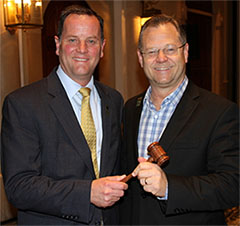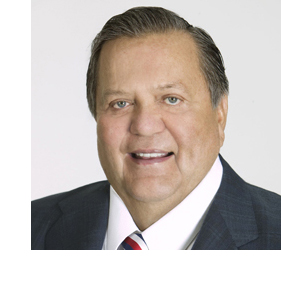Heading 2
Lorem ipsum dolor sit amet, consectetur adipisicing elit. Nostrum minus ea suscipit porro alias corporis libero at. Perferendis omnis, veniam nemo beatae vel? Tempora numquam a repellat eaque natus, magnam?
Heading 2
Lorem ipsum dolor sit amet, consectetur adipisicing elit. Autem ipsum mollitia neque, illum illo excepturi, eum incidunt fugit nostrum est, voluptate eaque minima corporis debitis at, dolores ipsam. Quaerat, dolores.
Heading 2
Lorem ipsum dolor sit amet, consectetur adipisicing elit. Autem ipsum mollitia neque, illum illo excepturi, eum incidunt fugit nostrum est, voluptate eaque minima corporis debitis at, dolores ipsam. Quaerat, dolores.
Heading 2
Lorem ipsum dolor sit amet, consectetur adipisicing elit. Autem ipsum mollitia neque, illum illo excepturi, eum incidunt fugit nostrum est, voluptate eaque minima corporis debitis at, dolores ipsam. Quaerat, dolores.
Heading 2
Lorem ipsum dolor sit amet, consectetur adipisicing elit. Autem ipsum mollitia neque, illum illo excepturi, eum incidunt fugit nostrum est, voluptate eaque minima corporis debitis at, dolores ipsam. Quaerat, dolores.
AB 1326 provides relief from recent spike in shoplifting
The California Grocers Association announced their co-sponsorship and full-fledged support for Assembly Bill 1326, by Assemblymember Jim Cooper (D-Elk Grove). The measure, co-authored by Assemblymembers Sabrina Cervantes (D-Corona) and Raul Bocanegra (D-Pacoima), will aggregate the dollar value of certain property crimes, such as shoplifting and check fraud, with a felony being charged if a suspect’s total dollar value from such crimes surpasses $950 in a 12-month period.
This much-needed legislation will provide grocers and other retailers with relief from alarming increases in theft since 2014 when changes in state law more than doubled the felony threshold for many property crimes from $450 to $950.
“California’s grocers have seen a steady increase of criminals shoplifting higher amounts of goods at higher rates,” said Ron Fong, President and CEO of the California Grocers Association, adding that shoplifters and organized crime rings now commit multiple thefts, day-after-day, but below the $950 felony threshold.
“This is bad for grocers who suffer high losses, bad for employees who are put in harm’s way due to the increased aggressive nature of these thefts, and bad for shoppers who ultimately pay the consequences at the register,” he said.
Many CGA retail members have seen double-digit, and in some cases triple-digit percentage increases in losses from shoplifting and organized retail crime rings over the past five years, with a notable spike beginning after 2014.
“We look forward to collaborating with Assemblymember Cooper to pass this sensible piece of legislation,” Fong said. “We urge the California Legislature to help grocers, their employees, and consumers turn back this alarming crime growth by passing AB 1326.”
If AB 1326 is passed by the Legislature and signed by the Governor, it then must be approved by voters at the next general election before its provisions can go into effect.
Additional co-sponsors of AB 1326 include the California Police Chiefs Association, and Crime Victims United California.
Additional Press Releases
Media Inquiries
For more information regarding AB 1326 contact:
- Assemblymember Jim Cooper (D-Elk Grove)
- Dave Heylen, California Grocers Association


